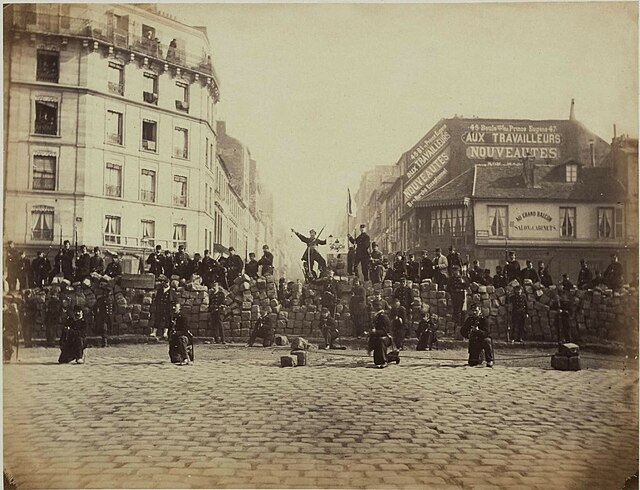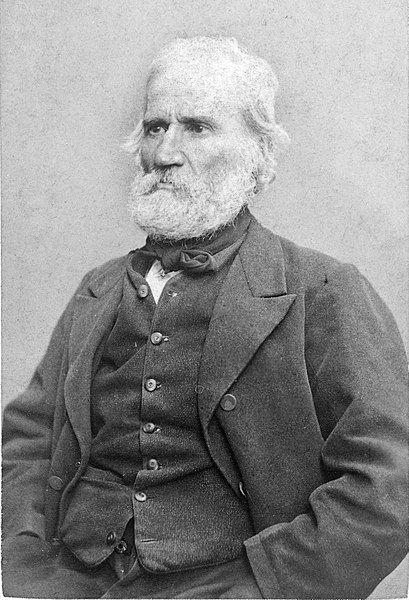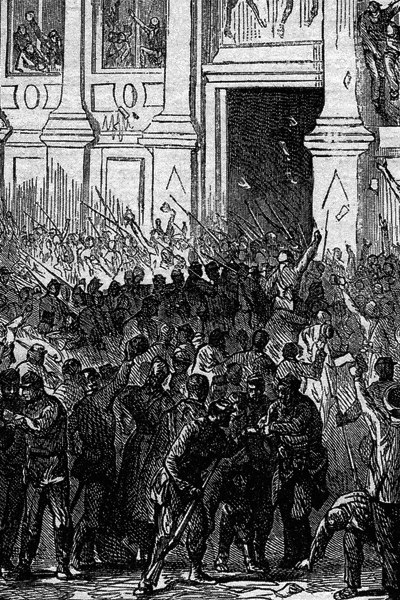Women in the Paris Commune
The Paris Commune was an insurrectionary period in the history of Paris that lasted just over two months, from March 18, 1871, to the Semaine sanglante that ended on May 28, 1871. This insurrection refused to recognize the government of the National Assembly of 1871, which had just been elected by universal male suffrage. Many women took active roles in the events, and are known as "communardes". They are important in the history of women's rights in France, particularly with regards to women's emancipation. Equal pay and the first forms of structured organization of women in France appear during this period, in particular the Union des femmes pour la défense de Paris et les soins aux blessés or the Comité de vigilance de Montmartre.
André Léo
Paule Mink
Club de Saint-Nicolas-des-Champs where women, after an initial refusal of their right to speak, contributed strongly. L'Illustration, April 20, 1871.
Appeal to women workers from the Union des femmes on May 18, 1871, signed among others by Élisabeth Dmitrieff, Nathalie Lemel and Aline Jacquier.
The Paris Commune was a French revolutionary government that seized power in Paris from 18 March to 28 May 1871. During the Franco-Prussian War of 1870–71, the French National Guard had defended Paris, and working-class radicalism grew among its soldiers. Following the establishment of the Third Republic in September 1870 and the complete defeat of the French Army by the Germans by March 1871, soldiers of the National Guard seized control of the city on March 18. They killed two French army generals and refused to accept the authority of the Third Republic, instead attempting to establish an independent government.
A barricade thrown up by Communard National Guard on 18 March 1871.
Louis Auguste Blanqui, leader of the Commune's far-left faction, was imprisoned for the entire time of the Commune.
Revolutionary units of the National Guard briefly seized the Hôtel de Ville on 31 October 1870, but the uprising failed.
Adolphe Thiers, the chief executive of the French Government during the Commune








